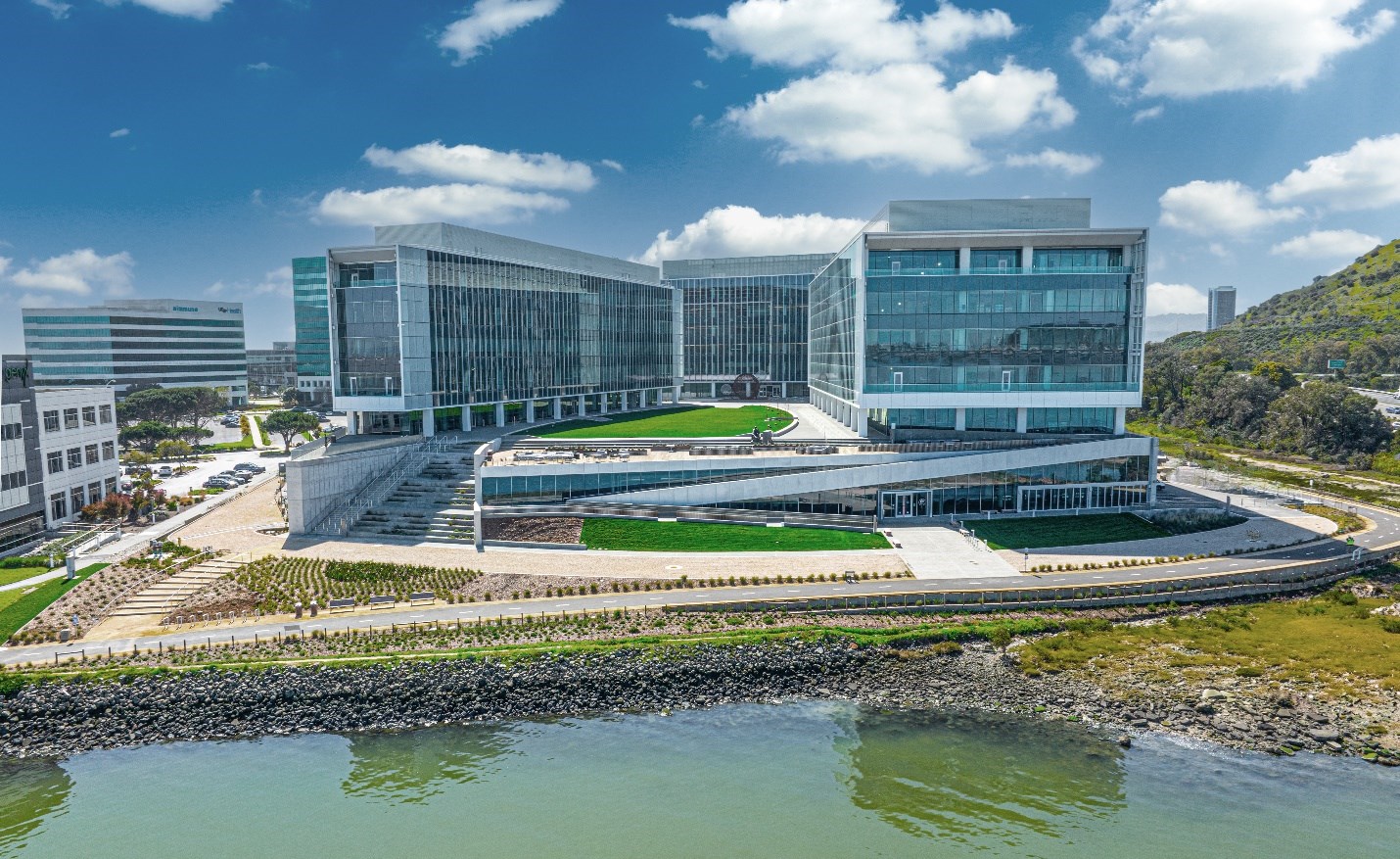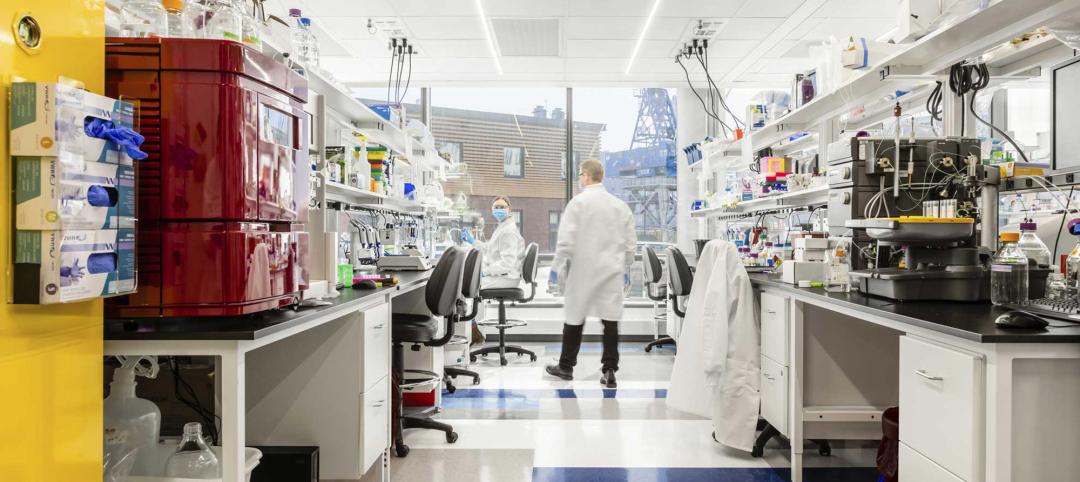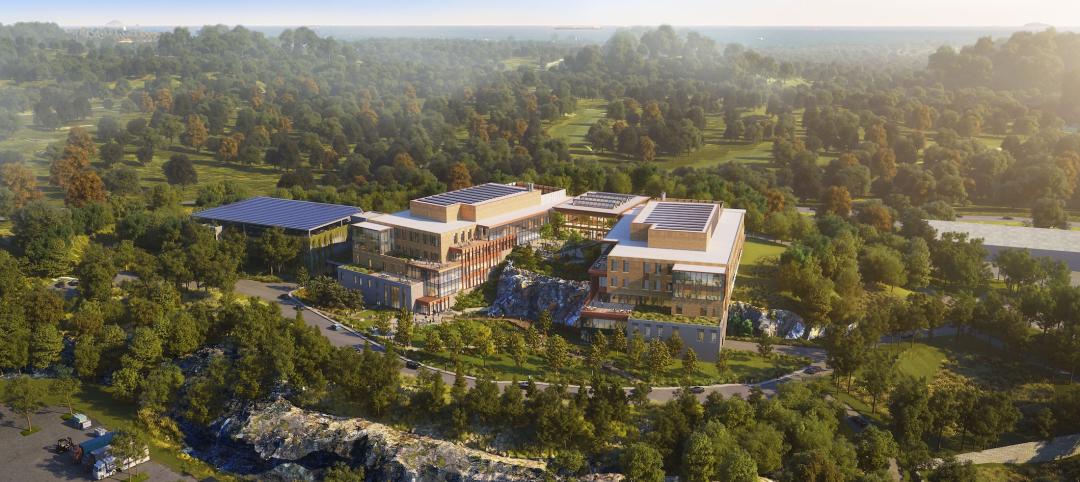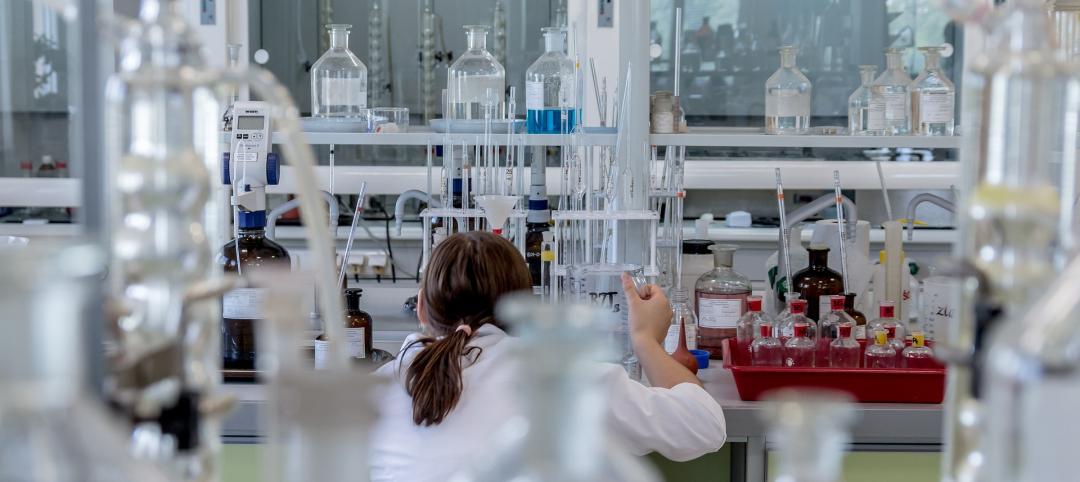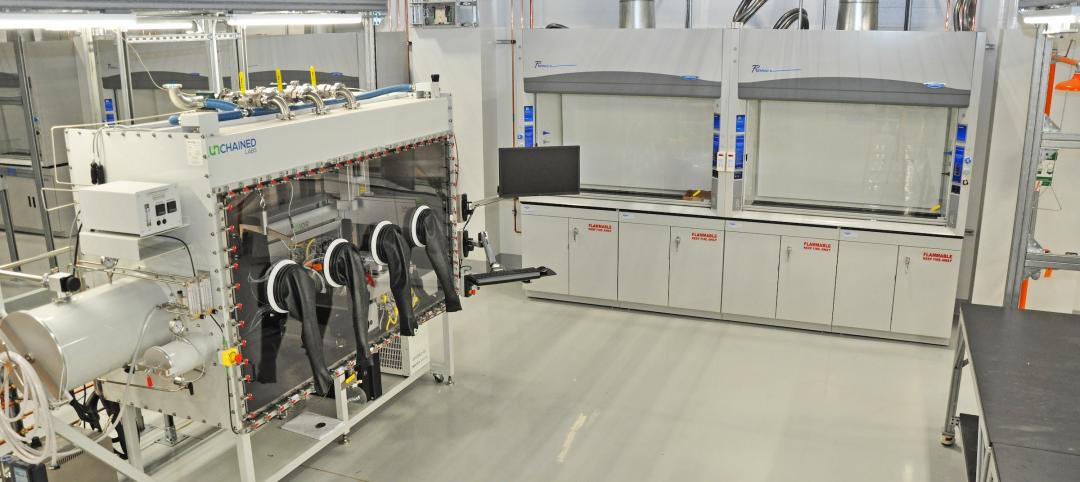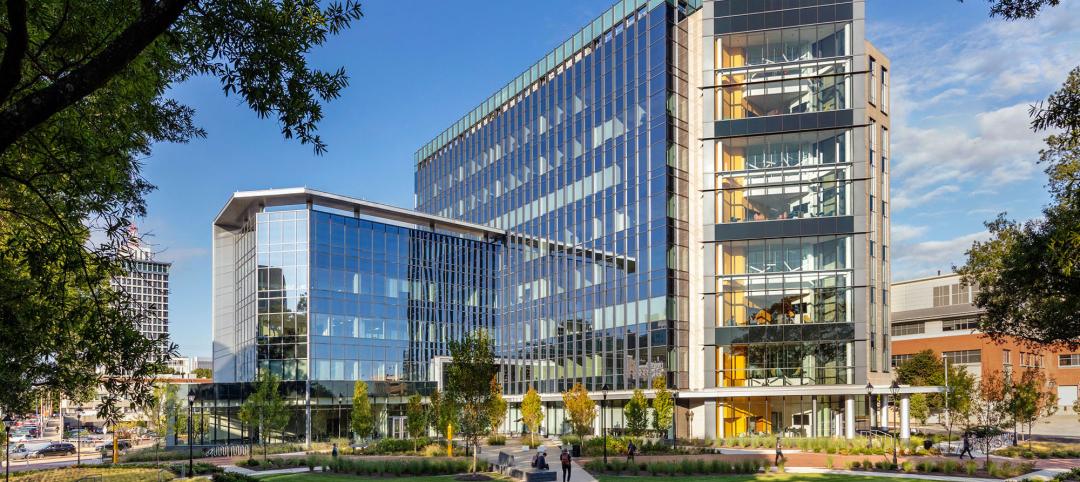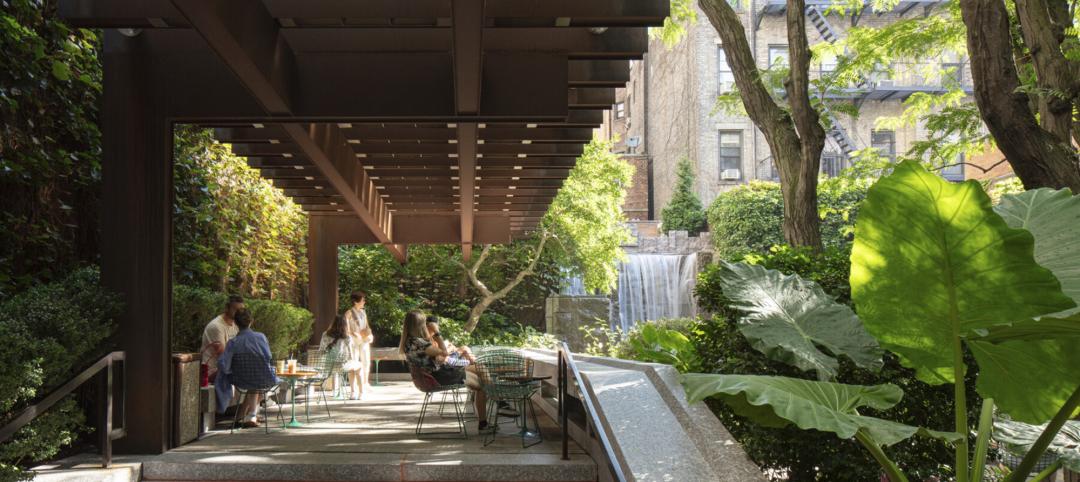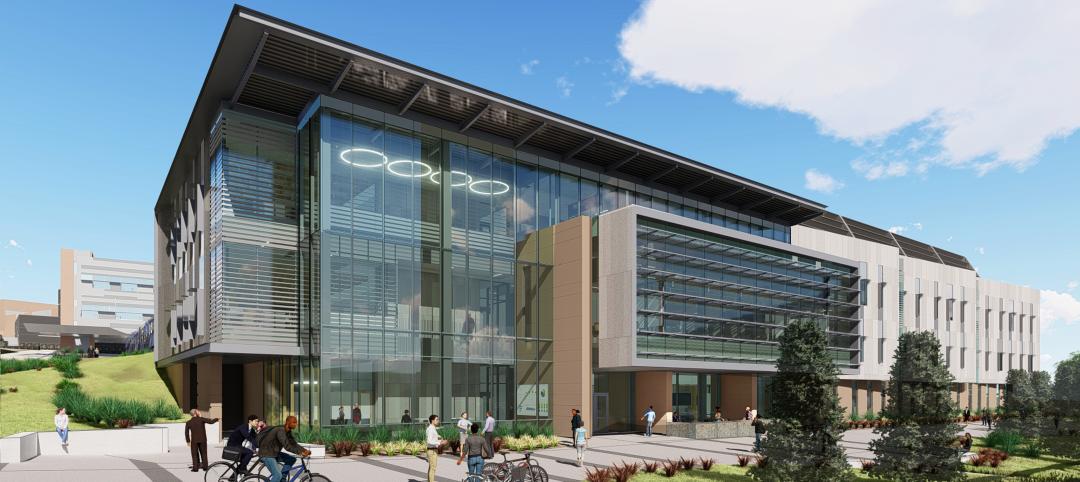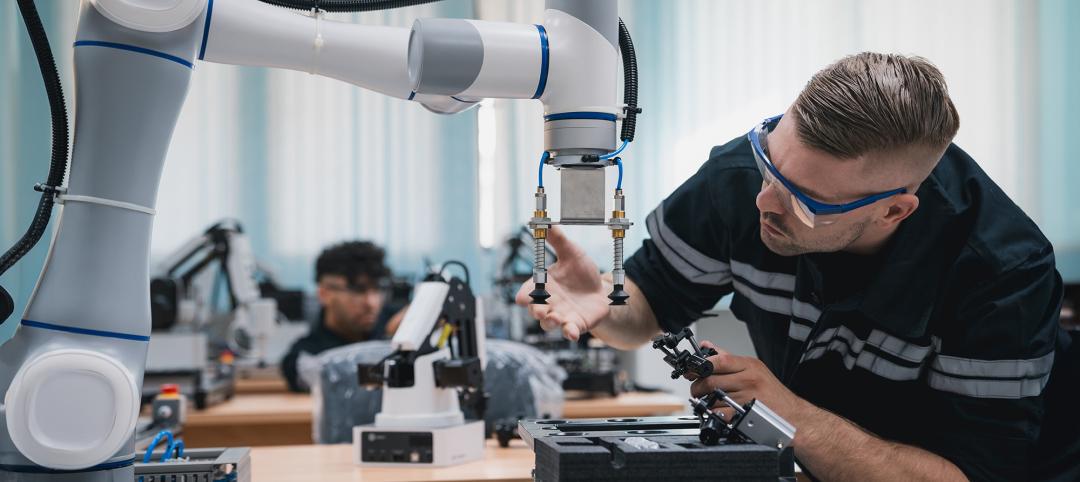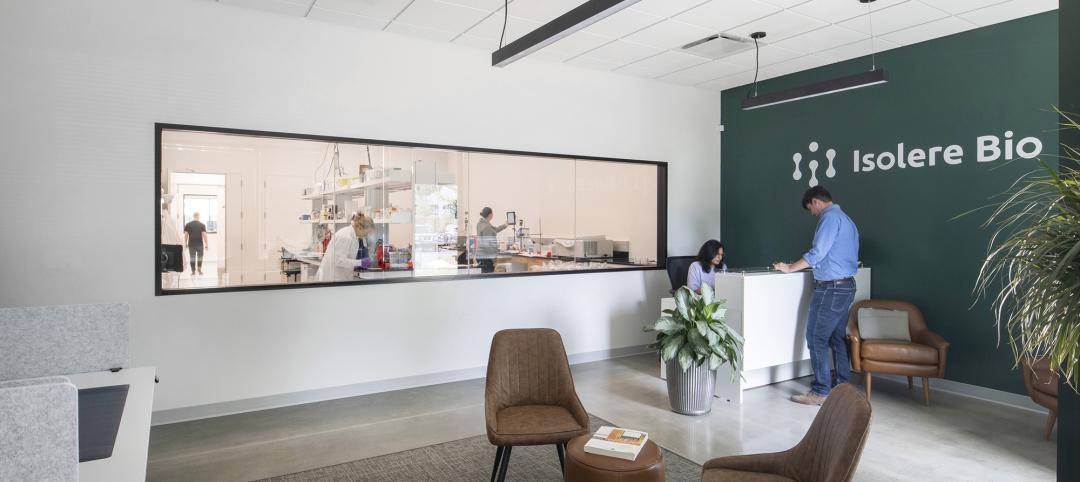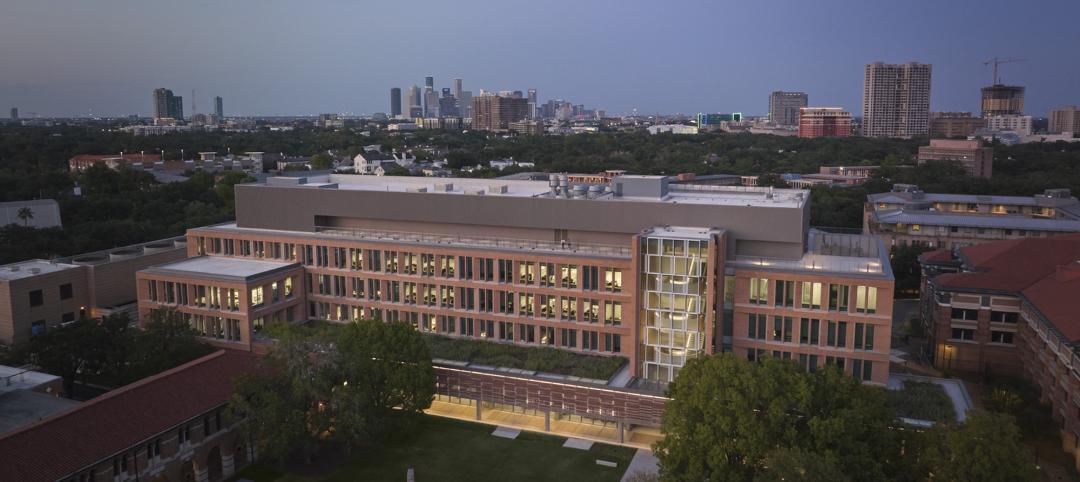GENESIS Marina, an expansive laboratory and office campus in Brisbane, Calif., is the world’s first Total Resource Use and Efficiency (TRUE)-certified construction endeavor. The recently completed project consisted of three buildings totaling about 560,000 sf.
The certification recognizes projects that achieve outstanding levels of resource efficiency through waste reduction, reuse, and recycling practices. The project diverted 98.4% of construction waste from landfills, an achievement that includes preventing waste from being sent to waste-to-energy facilities.
TRUE certification is administered by Green Business Certification Inc. (GBCI), part of the US Green Building Council (USGBC) family. Construction manager Webcor partnered with All About Waste, a zero waste and circular economy consultant, to achieve the certification.
The certification process involved a comprehensive evaluation of waste reduction practices including reduced packaging, the use of recycled products, and innovative end-of-life solutions for materials. Webcor’s approach emphasized collaboration across all levels of the project team and with subcontractors and partners to achieve the project’s waste reduction goals.
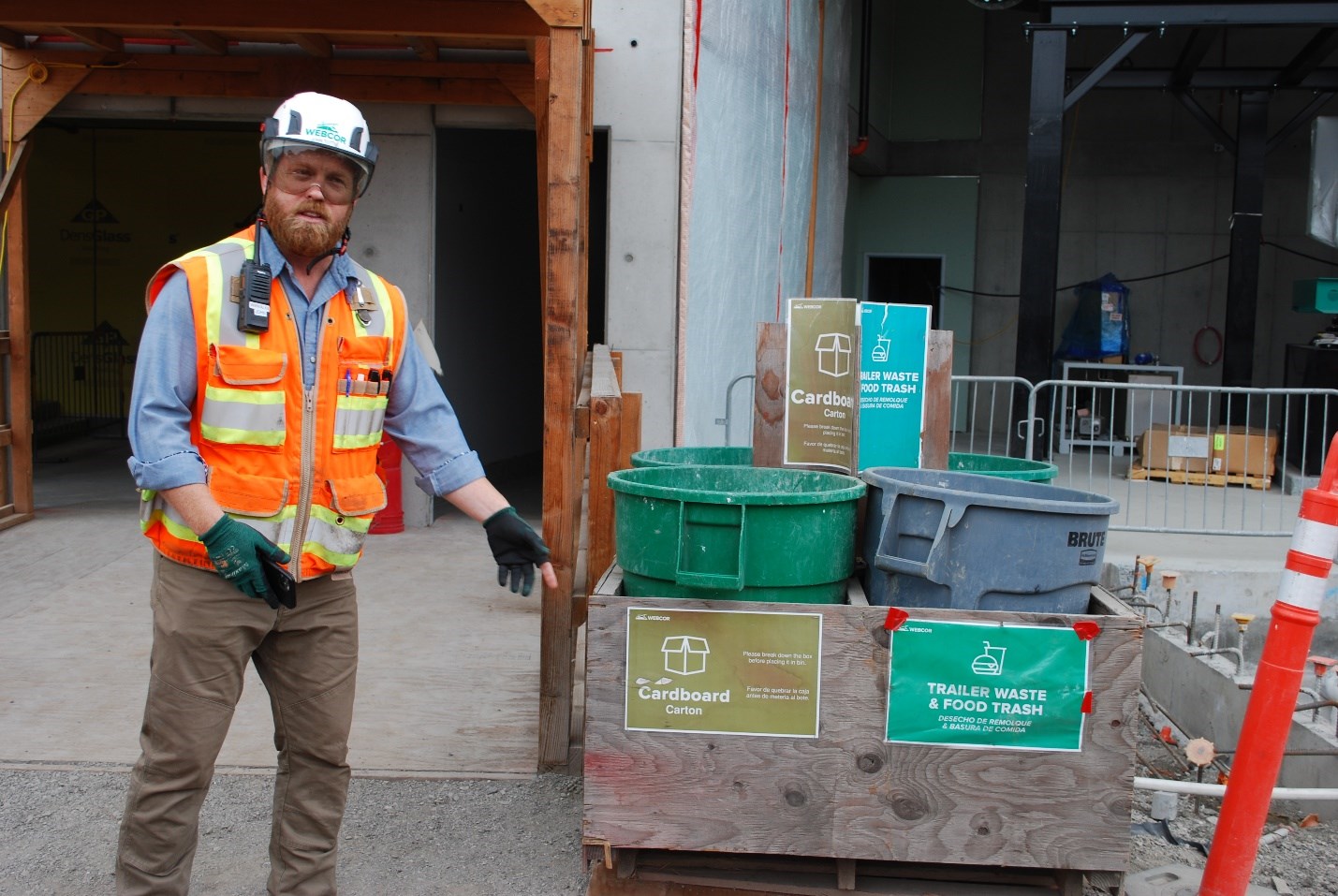
"TRUE emphasizes waste reduction before any waste is created on the jobsite,” says Webcor Sustainability Director Sarah Rege. “This significantly reduces the volume of waste and emissions from transportation, benefiting local air quality and supporting local businesses.”
GENESIS Marina was awarded TRUE Gold in February 2024.
“We are proud to see Webcor’s forward-thinking efforts at GENESIS Marina and for initiating a broader conversation about the feasibility and benefits of zero waste and sustainability in construction,” said Joe Marconi, a Partner at Bain Capital Real Estate. “We are committed to continuing these impactful practices and positively contributing to the built environment in the years to come.”
Owner and/or developer: Phase 3 Real Estate
Architect: Skidmore, Owings, & Merrill (SOM)
MEP engineer: Meyers+ Engineers
Structural engineer: Paradigm Structural Engineers
General contractor/construction manager: Webcor
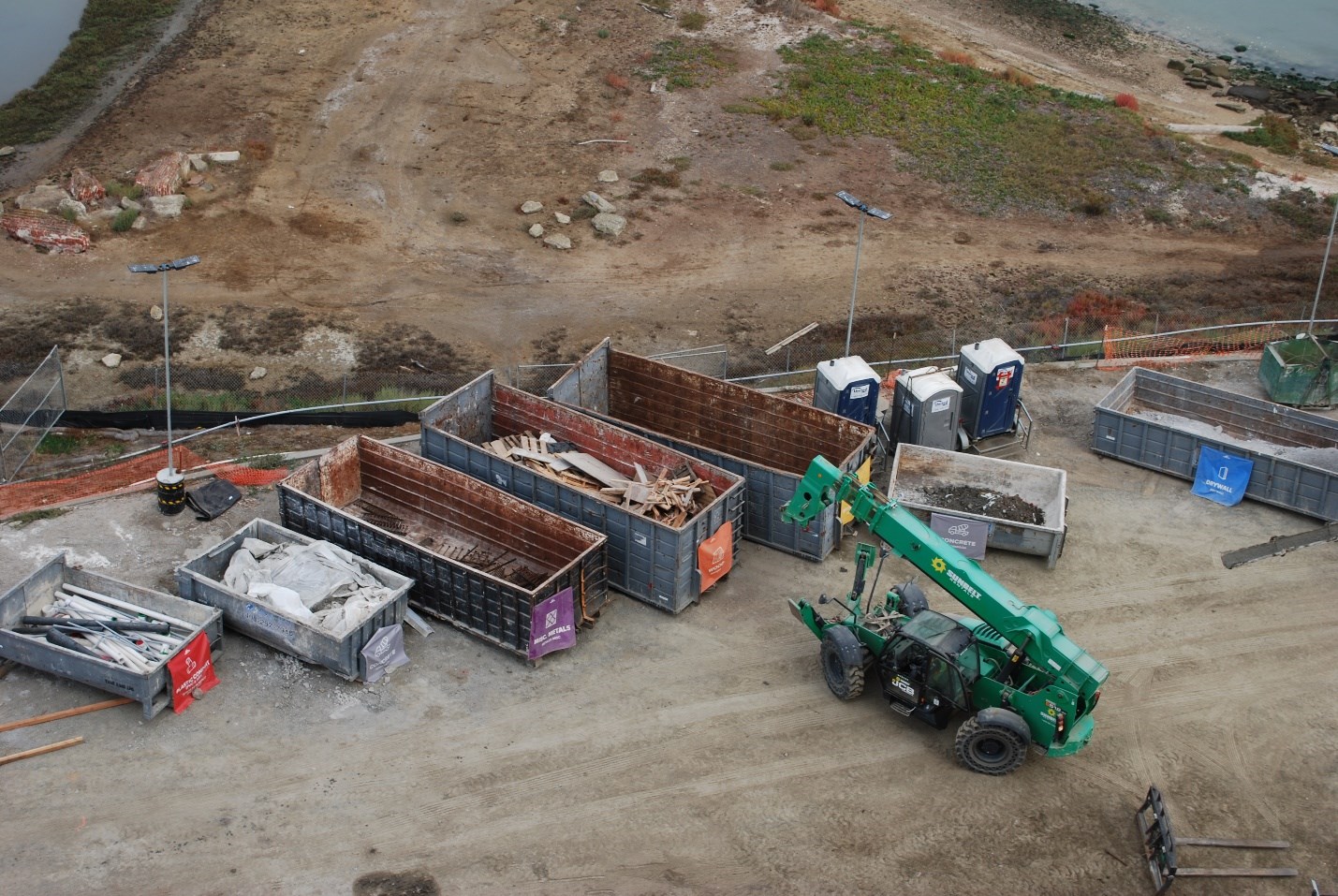
Related Stories
Laboratories | Apr 22, 2024
Why lab designers should aim to ‘speak the language’ of scientists
Learning more about the scientific work being done in the lab gives designers of those spaces an edge, according to Adrian Walters, AIA, LEED AP BD+C, Principal and Director of SMMA's Science & Technology team.
Laboratories | Apr 15, 2024
HGA unveils plans to transform an abandoned rock quarry into a new research and innovation campus
In the coastal town of Manchester-by-the-Sea, Mass., an abandoned rock quarry will be transformed into a new research and innovation campus designed by HGA. The campus will reuse and upcycle the granite left onsite. The project for Cell Signaling Technology (CST), a life sciences technology company, will turn an environmentally depleted site into a net-zero laboratory campus, with building electrification and onsite renewables.
Laboratories | Apr 12, 2024
Life science construction completions will peak this year, then drop off substantially
There will be a record amount of construction completions in the U.S. life science market in 2024, followed by a dramatic drop in 2025, according to CBRE. In 2024, 21.3 million sf of life science space will be completed in the 13 largest U.S. markets. That’s up from 13.9 million sf last year and 5.6 million sf in 2022.
Adaptive Reuse | Mar 7, 2024
3 key considerations when converting a warehouse to a laboratory
Does your warehouse facility fit the profile for a successful laboratory conversion that can demand higher rents and lower vacancy rates? Here are three important considerations to factor before proceeding.
University Buildings | Feb 21, 2024
University design to help meet the demand for health professionals
Virginia Commonwealth University is a Page client, and the Dean of the College of Health Professions took time to talk about a pressing healthcare industry need that schools—and architects—can help address.
Urban Planning | Feb 5, 2024
Lessons learned from 70 years of building cities
As Sasaki looks back on 70 years of practice, we’re also looking to the future of cities. While we can’t predict what will be, we do know the needs of cities are as diverse as their scale, climate, economy, governance, and culture.
Laboratories | Feb 5, 2024
DOE selects design-build team for laboratory focused on clean energy innovation
JE Dunn Construction and SmithGroup will construct the 127,000-sf Energy Materials and Processing at Scale (EMAPS) clean energy laboratory in Colorado to create a direct path from lab-scale innovations to pilot-scale production.
Laboratories | Jan 25, 2024
Tactical issues for renovating university research buildings
Matthew Plecity, AIA, ASLA, Principal, GBBN, highlights the connection between the built environment and laboratory research, and weighs the benefits of renovation vs. new construction.
Laboratories | Jan 22, 2024
Speculative vs purpose-built labs: Pros and cons
Hanbury's George L. Kemper, AIA and R. David Cole, AIA share the unique advantages and challenges of both spec. and purpose-build labs.
University Buildings | Jan 18, 2024
Houston’s Rice University opens the largest research facility on its core campus
Designed by Skidmore, Owings & Merrill (SOM), the 251,400-sf building provides students and researchers with state-of-the-art laboratories, classrooms, offices, and a cafe, in addition to multiple gathering spaces.


